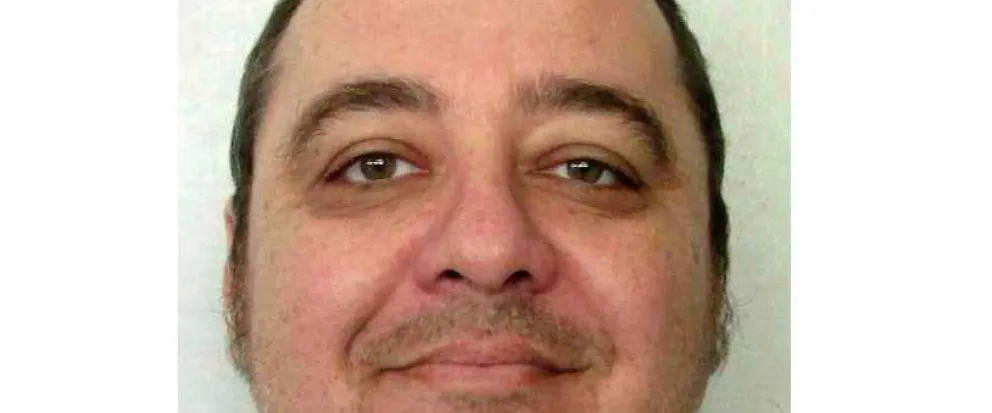Alabama is seeking to become the first state to execute a prisoner by making him breathe pure nitrogen.
The Alabama attorney general’s office on Friday asked the state Supreme Court to set an execution date for death row inmate Kenneth Eugene Smith, 58. The court filing indicated Alabama plans to put him to death by nitrogen hypoxia, an execution method that is authorized in three states but has never been used.
Nitrogen hypoxia is caused by forcing the inmate to breathe only nitrogen, depriving them of oxygen and causing them to die. Nitrogen makes up 78% of the air inhaled by humans and is harmless when inhaled with oxygen. While proponents of the new method have theorized it would be painless, opponents have likened it to human experimentation.



Correlation =/= causation. C’mon, you know better than this. It’s more probable that they have lower crime to begin with. Serial killers are not uniquely American by any stretch of the imagination, but they are quite uncommon relative to the population in other developed countries.
Read what I wrote again. I’m advocating for the death penalty in very, very limited cases, where there is no significant doubt at all, where there is no reasonable or even unreasonable belief that an offender can be rehabilitated, and the offender is extremely likely to harm more people if they ever have the opportunity.
Thats why i said indicate not “proof”. But again you say no significant doubt at all. But that is always the case of the people making the decision. For them there is no doubt, yet there is regularly wrong decisions.
Would you then claim that there was any significant doubt as to the guilt of John Gacy, Theodore Bundy, Edmund Kemper, Gary Ridgeway, John Geoghan, et al.? Would you agree that they would have all posed a significant risk of future harms had they managed to escape?
No proof is 100% absolute; there is always the possibility of some error. Video evidence? Could be tampered with. Eyewitnesses? Memory is fallible. DNA? Must be from someone with near identical DNA. Confession? Those are very frequently coerced (and, seriously, confessions are a pretty terrible way of determining guilt, esp. when there’s no forensic or corroborating evidence). 29 bodies or people you were last seen with found in the crawlspace of your home with your DNA and fingerprints on them? Pure coincidence, it’s too good to be true, must be planted.
Given that it’s impossible to know a thing with absolute certainty, how good does the evidence have to be before you would admit that there was not a significant chance of a false positive?